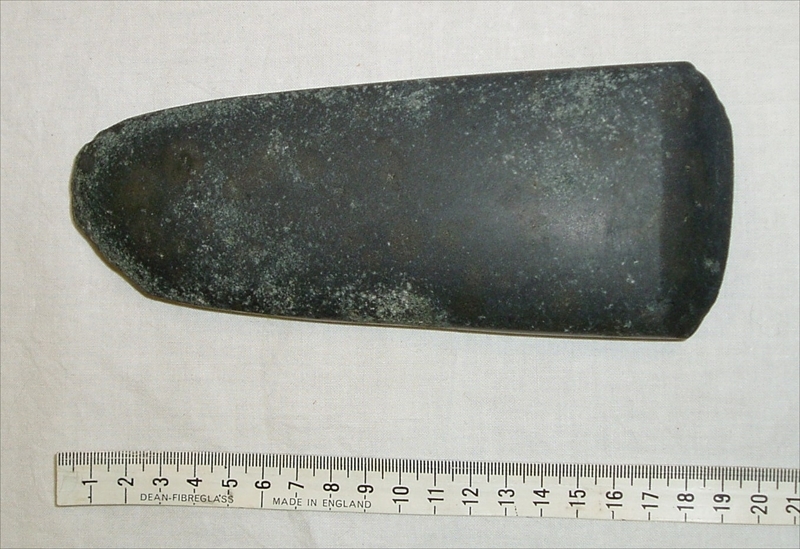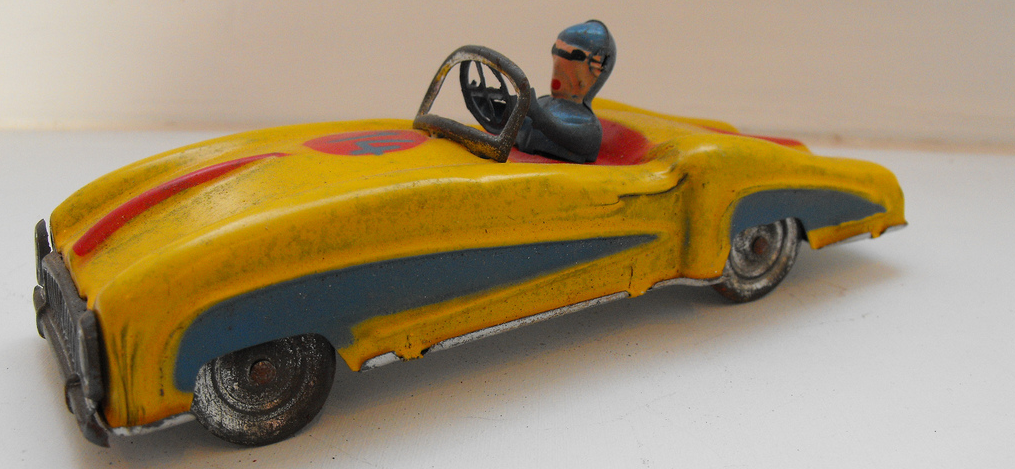News Next article
Buying or selling Taonga and protected Māori objects
You can buy and sell Taonga Tūturu on Trade Me, but follow the rules. This guide explains what to do.
By Trust and Safety 31 January 2025This toki (axe head) was found at Kotiatia Point, Northland. Image supplied by Manatū Taonga
What are Taonga Tūturu?
How do I know if an item is Taonga Tūturu?
Can I sell Taonga Tūturu on Trade Me?
Can I buy Taonga Tūturu on Trade Me?
What to do if you find Taonga Tūturu
Taonga Tūturu and Trade Me
Author


